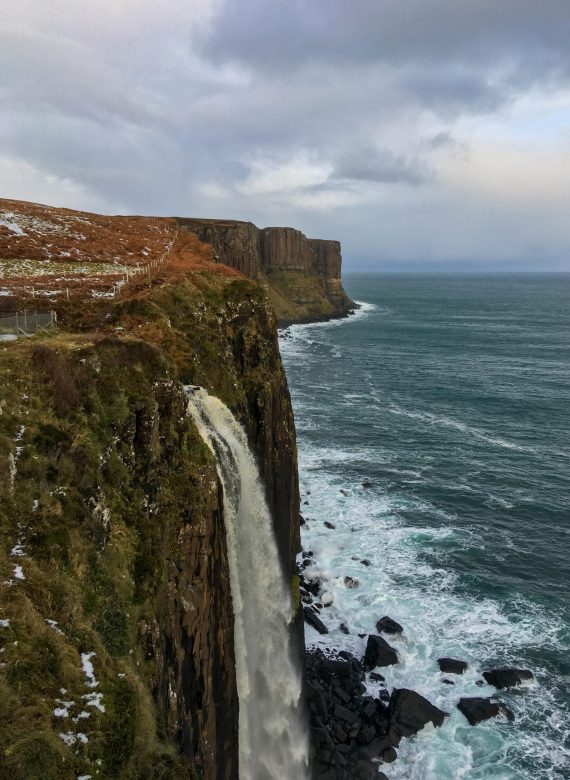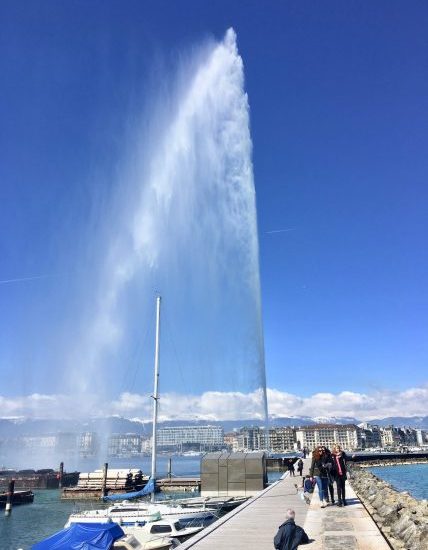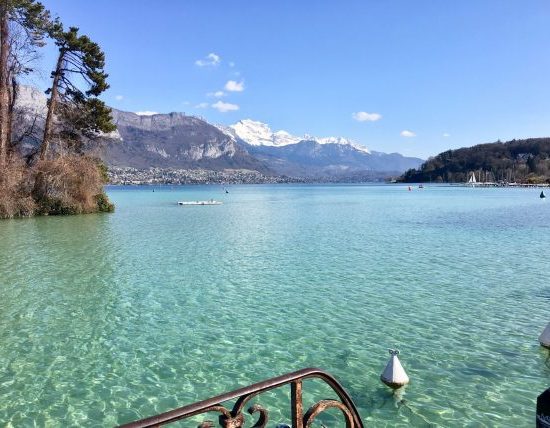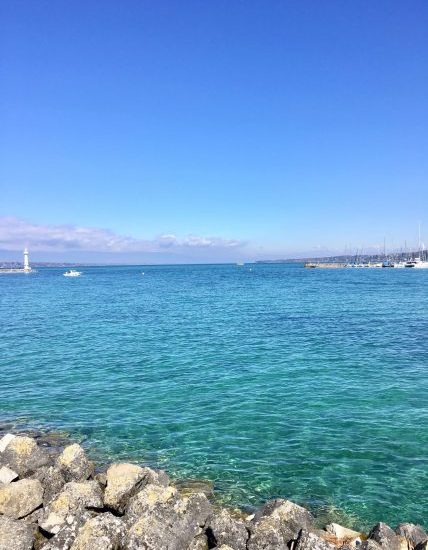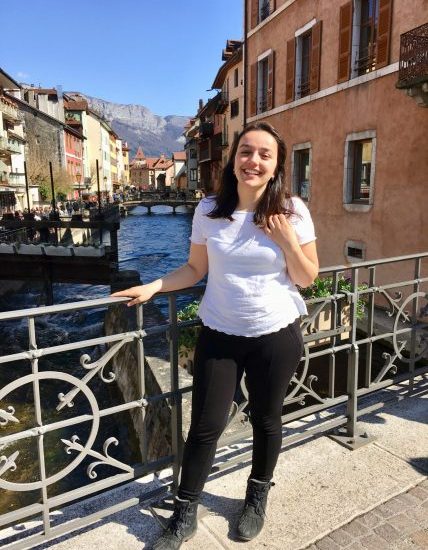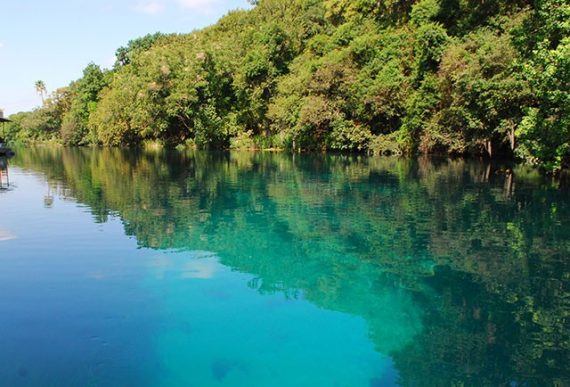
Week 8: Water
It is essential to life. Every organism needs it in some way, shape, or form. A water filled landscape can bring a moment of calm to a busy day or provide transport to some of the earliest trade routes in history. Cities are often placed along the coast on on the sides of river to take advantage of this resource. Water can also put a damper on your day in the form of rain and precipitation, but even then you can find children playing in it. Tell us about water and how it fits into your travels. Have you journeyed along any lakes or rivers? Does it rain everyday or only once in a while. Is the local consensus that water needs to be conserved as a limited resource or do people use it disposable. This dichotomy can be seen within the United States depending on which coast your on, so where does your study abroad location fit in? Simply, tell us about water.
Oneida Shushe
Micah Dirkers
Just as every organism needs water to live, my experience abroad would have been dry (literally and figuratively) without this simple yet elegant substance. Scotland itself is known for its regular precipitation, yet despite its perception as a grey, wet, place (moreso during the winter), every other day in Scotland is rainy (meaning half of the days are sunny too!). Various locations in Scotland collect on average between 65–100 mm/month of rain (https://www.scotlandinfo.eu/scotland-weather-and-climate/), with a greater amount of rain falling in the winter months than the summer months. Given that I was in Scotland for the fall semester, a time which spanned the later summer months and the earlier winter months, I witnessed lighter rains in September and early October and heavier amounts of water into November and December. Given that I was studying in the coastal city of Edinburgh, I had the opportunity to have the fresh, maritime air present wherever I went in the city. The carryover from the Atlantic Ocean was refreshing, as there was always a hint of salt in the air. Sea gulls and other birds could be spotted often, surveying the area for food or shelter. While I was roughly thirty minutes from the beach, the water there at the beach was rather cold, and the beach itself was composed of rough sand—iconic for cold, rocky Scotland, but not the best place to sunbathe.
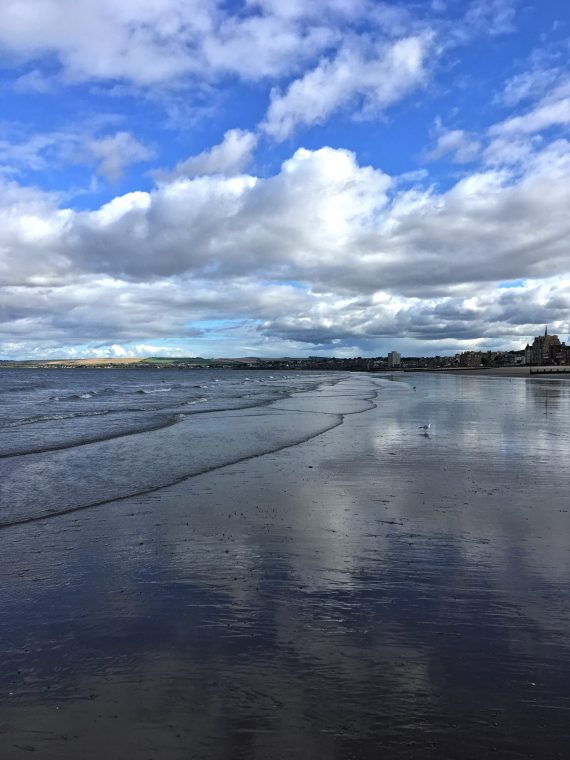
Concurrently, I also saw water everywhere during my travels. One instance where water played a prominent role was during my trip to the Holy Island of Lindisfarne. Due to the very low elevation of the right-at-sea-level island, it was only accessible by road during the day, when the tides were low. Outside of that narrow range during the morning and early afternoon where the seaweed was exposed on the road, one would have to drive though the ocean to attempt to access the island. Fortunately, we were able to complete our visit to the island before the tides eclipsed our route home. Another key aquatic feature I saw in Scotland was the famous Loch Ness—purportedly the home of the Loch Ness monster which has supposedly claimed the lives of a select few throughout the epochs of history. Loch Ness is advertised as the loch with the most water in Scotland, since it contains more water than all the lakes of England and Wales combined; however, it is not Scotland’s biggest Loch (that title goes to Loch Lomond, which I also saw) or deepest Loch (which is Loch Morar, which I did not see). Among the various waterfalls, lakes, streams, and puddles I saw during my time in Scotland, all of them shared this common compound of water.
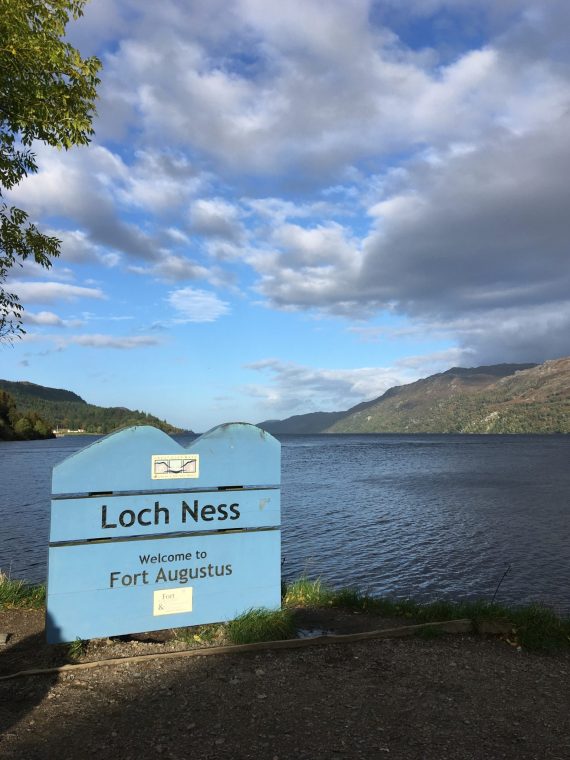
Given the above, water was very abundant in Edinburgh, and in Scotland in general. Despite the abundance of water in this area, people were rather conservative with their water usage, and this was evident in how university residents were encouraged to use their water via the design of the plumbing systems and restrictions on water usage. For example, the bathroom sinks were very small, and strangely, the hot and cold (as in almost boiling in one and frigid in the other) water came out of two different faucets. Hot water for showers was available only for a few hours in the morning and a few hours at night, and even during those times, the amount of hot water was regulated so that one could not take an excessively long shower. While some people complained about these guidelines, I never had any issue with them really. This conservatism of dihydrogen monoxide (the chemical name for water) was also evidenced in the prices for purchasing bottled water, with a few odd exceptions; namely, one could buy a liter—sorry, litre—of bottled water for roughly £0.37, yet there were other cases where I bought a two-litre bottle of water for £0.17 (so, go figure). Nevertheless, I did see more bring-your-own-bottle fill stations than I did drinking fountains. Indeed, while water was abundant, people for the most part were conscious of using it without extravagance. Just as water is integral to life, water also added depth and richness to my travels abroad.
